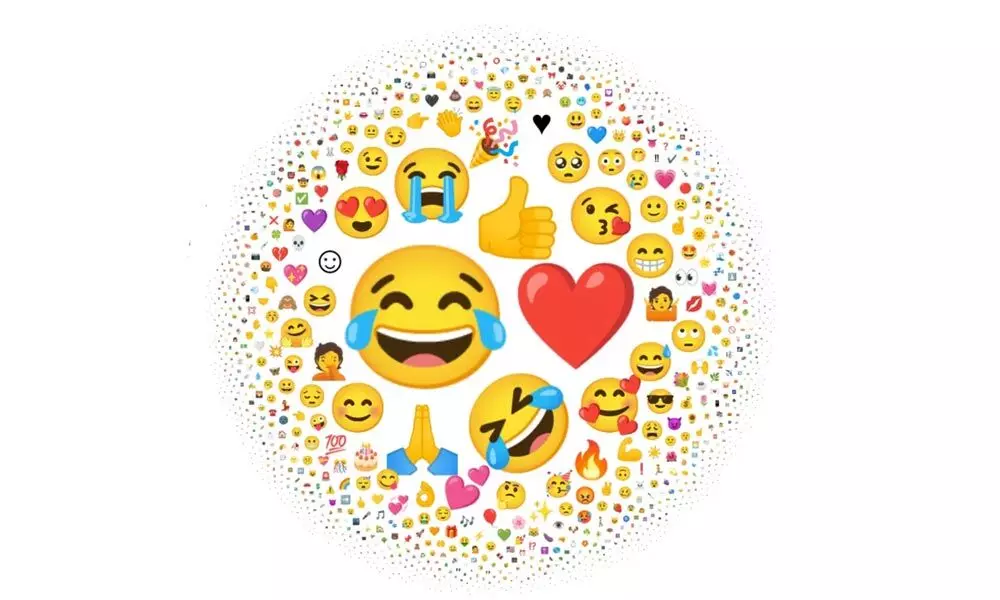Most Used Emojis of 2021: Unicode Consortium

Most Used Emojis of 2021: Unicode Consortium
The Unicode Consortium has released a report highlighting the most used emojis in 2021. Unicode also notes that only two disease-related emojis were popular in 2021 despite the COVID-19 pandemic.
The Unicode Consortium has released a report highlighting the most used emojis in 2021. The nonprofit that monitors the world's digital languages like emojis says that roughly 92 percent of the world's popular online use these digital icons thumbnails to communicate with others. According to the data, the Tear of joy emoji accounts for 5 percent of all emoji use, followed by the read heart. The Rolling on Floor Laughing emoji, Thumbs Up, and Loudly Crying Face emoji rank third, fourth, and five, respectively. Notably, the tears of joy emoji were the most popular emoji last year, followed by Loudly Crying Face, according to data from Emojipedia. The 2019 Unicode report also shows tears of joy and heart emojis in the top spots.
"As infinitely creative and diverse as the world is, the top 100 emoji comprise roughly 82 percent of total emoji shares. And yet, there are 3,663 emoji," the report says. The other five popular emojis in the top ten list include folded hands, face blowing a kiss, smiley face with hearts, smiley face with heart eyes, and a smiley face with smiling eyes. In addition, the consortium highlights that most of the emojis used this year and in 2019 are more or less the same.
Unicode also notes that only two disease-related emojis were popular in 2021 despite the COVID-19 pandemic. The masked face emoji jumped from 186 to 156, while the microbe emoji only made it to the Top 500. Surprisingly, there is no mention of the syringe emoji representing vaccines. "This reflects the sheer number of emoji we use and the variety of situations we use them in, as well as the many different functions they have in our online lives: a global pandemic that changed the way we live had little effect on how we express ourselves online," the report adds.

















